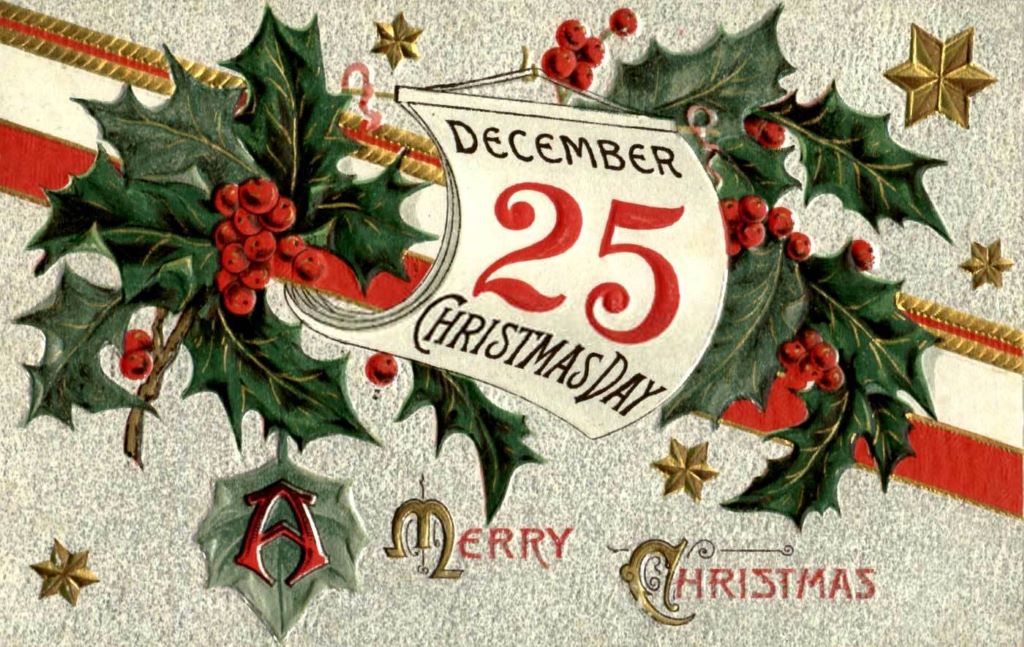Welcome to the fascinating world of Christmas, a time when millions around the globe come together to celebrate the birth of Jesus Christ. Have you ever wondered, “Why is Christmas on December 25?” This article aims to answer that question and shed light on the historical and cultural reasons behind this date.
The Origin of December 25
Christmas on December 25 has deep historical roots. Let’s explore the compelling reasons why this date was chosen.
Theological Significance
The selection of December 25th for Christmas is closely tied to its theological importance. Early Christian scholars believed that Jesus was conceived and crucified on the same day, March 25. Nine months later, they celebrated His birth on December 25.
Pagan Festivals
December 25 also coincided with several pagan festivals, most notably the Roman festival of Saturnalia and the celebration of the winter solstice. Adopting this date may have been a strategic move to attract pagans to Christianity.
The Julian Calendar
In 45 BCE, Julius Caesar introduced the Julian calendar, which established December 25 as the date of the winter solstice. Early Christians could have chosen this date to align their celebrations with the solstice.

The Influence of Roman Traditions
Roman traditions played a significant role in shaping the modern Christmas celebration.
Saturnalia and Gift-Giving
Saturnalia, a Roman festival, was celebrated from December 17 to 23. During this time, people exchanged gifts and feasted, traditions that were eventually incorporated into Christmas.
Natalis Solis Invicti
The Roman festival Natalis Solis Invicti, celebrating the birth of the unconquered sun, also took place on December 25. Early Christians may have chosen this date to divert attention from this pagan festival.
The Role of Pope Julius I
Pope Julius I, in the 4th century, is often credited with formally establishing December 25 as the date of Christmas. He may have chosen this date to merge Christian and Roman traditions.
FAQs
Is December 25 the actual birthdate of Jesus?
No, the Bible does not specify the exact date of Jesus’ birth. December 25 was chosen by early Christians for its symbolic significance.
What is Saturnalia?
Saturnalia was an ancient Roman festival of feasting, gift-giving, and merriment. Some of its customs were incorporated into Christmas traditions.
Did early Christians celebrate Christmas on December 25 from the beginning?
The choice of December 25 for Christmas evolved over time, with Pope Julius I playing a significant role in its establishment.
What is the significance of Natalis Solis Invicti?
Natalis Solis Invicti was a Roman festival celebrating the unconquered sun. Some elements of this festival influenced Christmas traditions.
How has the date of Christmas changed over time?
The date of Christmas was not initially fixed on December 25 and has evolved over the centuries.
Conclusion
Why is Christmas on December 25? is a question that has intrigued many. As we’ve explored, the date has a rich historical and cultural background, shaped by early Christian theology and Roman traditions. Understanding these factors enhances our appreciation of this beloved holiday.
What is the Most Fun Area of Barcelona? Unwrap the history behind Christmas’s date and enjoy the festivities this December 25, and you’ll find that Barcelona’s Gothic Quarter is a magical place where the holiday season is filled with joy, love, and the true spirit of Christmas.



